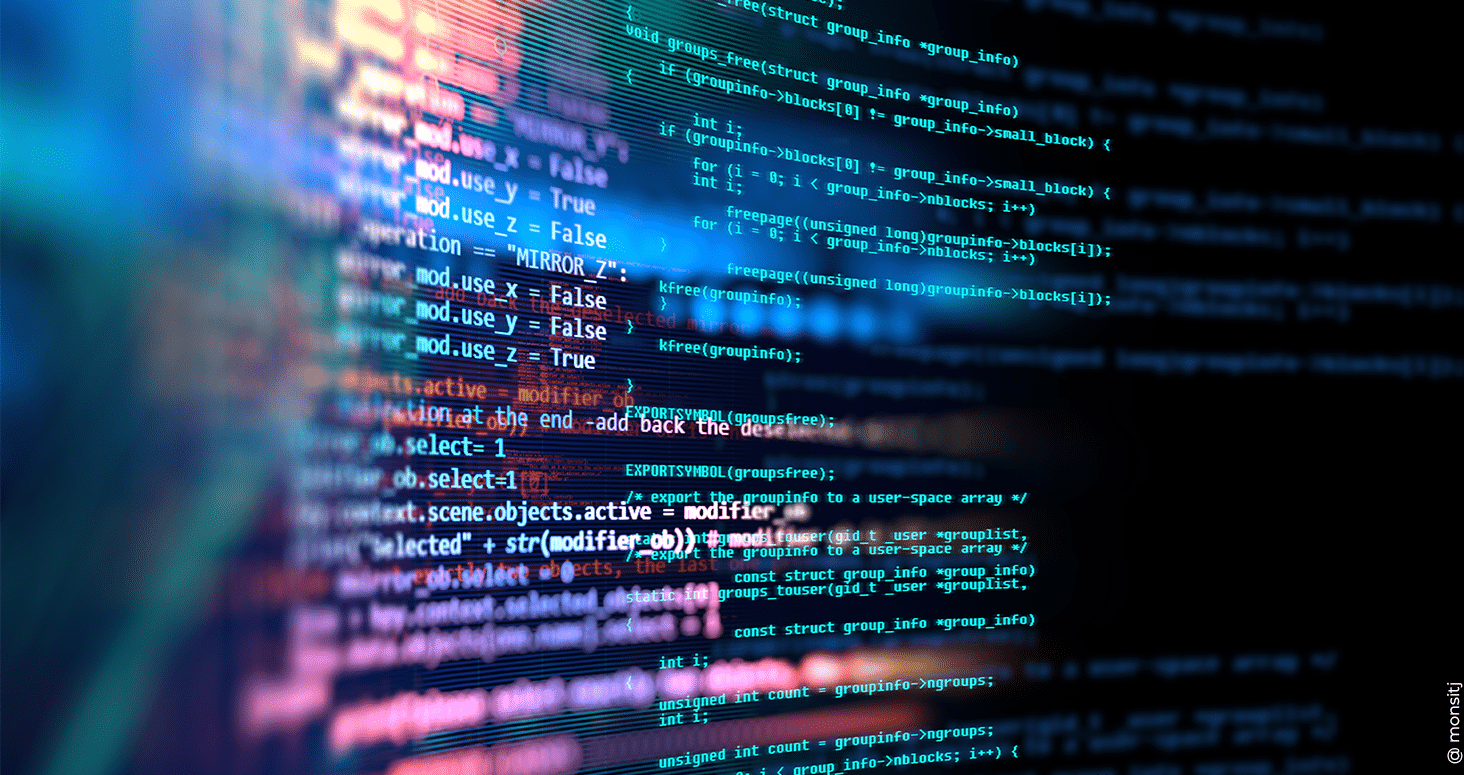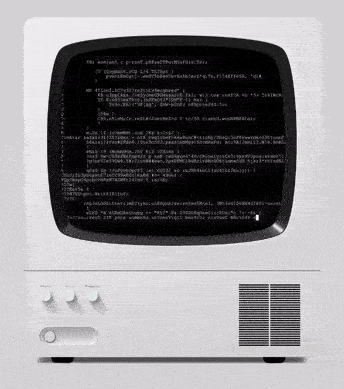
The Importance of a Clean Code Structure in Software Development
The Importance of a Clean Code Structure in Software Development
In the world of software development, writing clean code is one of the foundational aspects that greatly contributes to the success of any software project. Clean code is not just about technical functionality or system performance; it also reflects the maintainability, understandability, and future scalability of the system. When code is organized in a clean and clear manner, it becomes easier for other developers to work on it, which in turn improves productivity and the quality of the final product.
In this article, we will explore the importance of clean code in software projects and why it is a critical factor in the quality of a system, team performance, and the long-term development of projects.
1. Ease of Understanding and Maintenance
One of the key benefits of clean code is its ease of understanding and maintenance. When code is written clearly and organized logically, developers (or even the same developer after some time) can quickly read and comprehend its purpose without needing to spend excessive time figuring out the logic or debugging errors.
Messy or convoluted code can be difficult to understand, leading to mistakes during modifications or additions. In larger projects where multiple developers work on the same codebase, this issue becomes even more pronounced. Thus, writing code in an organized and consistent manner reduces the time required to understand the code, speeding up the development and debugging process.
2. Improved Collaboration Among Teams
In any software project, it is likely that more than one developer will be working on the same system or application. Clean code enhances team collaboration, as it makes it easier for new developers to join the project and work on it without needing long periods to understand the existing code structure. Adhering to standardized writing practices (such as variable naming conventions, function ordering, and clear comments) allows all developers to comprehend the code and work together more smoothly.
By organizing the code and simplifying complex processes, it becomes easier for large teams of developers to add new features or fix bugs without affecting other parts of the system.
3. Scalability and Future Development
Clean code provides a strong foundation for future development. When code is written using principles like separation of concerns, breaking functionality into small reusable units, it becomes easier to add new features or make modifications to the system while maintaining stability and performance.
One common issue with growing software systems is unnecessary complexity, where the codebase becomes bloated and difficult to manage. Clean code ensures reduced complexity by maintaining a flexible and scalable structure, which allows developers to introduce new features easily without compromising the system's quality or performance.
4. Reduced Errors and Human Mistakes
Clean code promotes error reduction by improving clarity and reducing complexity. In code that contains many intricate or nested operations, it becomes difficult for developers to spot errors. Clean code, by utilizing good practices such as unit testing, separation of concerns, and helpful comments, helps in minimizing the chances of making mistakes.
Additionally, clean code makes testing easier. Well-organized code can be tested more effectively by focusing on small, isolated units, which ensures its quality and performance before deployment.
5. Long-Term Performance Improvement
Clean code does not just improve the performance of the system in the present but also enhances its performance over time. Thanks to the structured nature of clean code, it is easier to make incremental improvements to performance without affecting other parts of the program. When code is understood and organized, developers can identify areas in need of optimization and implement changes with minimal risk.
By using principles such as reducing redundancy (DRY – Don’t Repeat Yourself) and optimizing code to minimize time-consuming operations or data access, high performance can be achieved over time.
6. Increased Productivity and Faster Development Time
Clean code significantly boosts productivity. When code is organized, developers can work faster because they do not need to spend much time debugging or trying to understand messy code. This leads to faster project development and timely releases.
Moreover, developers can focus on developing new features and improving the system, rather than spending time correcting issues caused by poorly organized code.
7. Adherence to Best Coding Practices
Clean code follows best coding practices that support the effective and sustainable growth of software. This includes core principles such as:
- Clear Naming: Using variable and function names that clearly reflect their purpose.
- Helpful Comments: Writing comments that explain why certain techniques or coding decisions are used, aiding in understanding and future development.
- Separation of Concerns: Writing code that separates different functionalities so that parts of the system can be modified or improved without affecting others.
8. Reduced Maintenance and Development Costs
By writing clean code, maintenance costs can be significantly reduced. Messy code requires more effort to fix or modify, which increases maintenance expenses over time. In contrast, clean code allows for easier changes and improvements at a lower cost.
Also, it enables developers to focus on building new features or enhancing existing ones without worrying about breaking parts of the system.
9. Compliance with Industry Standards
Clean code aligns with industry standards and frameworks. This means that the code will be easier to interact with by other teams outside of the current development group, whether for review purposes or for future improvements. By adhering to common coding standards, it becomes easier to adopt new technologies or update the system while maintaining stability.
Conclusion
In conclusion, clean code is the cornerstone of successful and sustainable software development. It not only improves understanding, maintenance, and collaboration but also contributes to performance, error reduction, and faster development. By adhering to clean code principles, developers can create more reliable and flexible software solutions, leading to better project outcomes in the long run.

